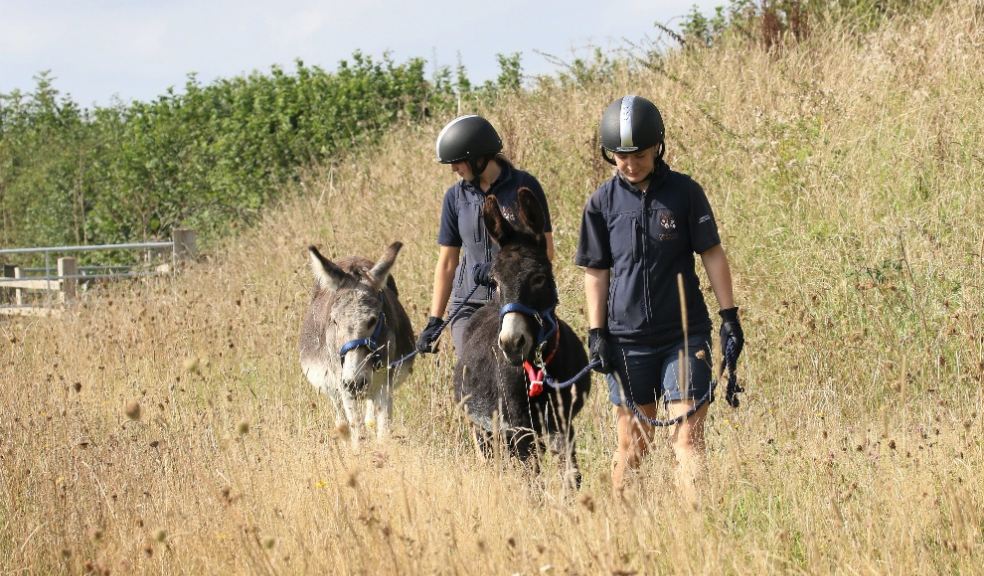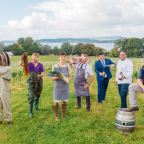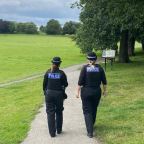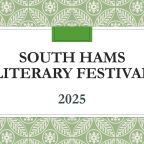
Donkeys play key role in wildflower conservation scheme
Donkeys are playing a key role in an innovative conservation scheme encouraging the growth of wildflowers at the headquarters of international animal welfare charity, The Donkey Sanctuary.
Paddy and Kelley, a pair of rescued donkeys, are being regularly walked through a wildflower meadow at the site in Sidmouth, as part of their routine training and exercise.
As the donkeys walk through the meadow their disturbance helps spread seeds from wildflowers. The animal’s footfall can also fix plant seeds into the soil, helping to create a vibrant meadow next year.
Healthy wildflower meadows are home to many species and provide a huge benefit to a wide range of insects including pollinators and in turn, the wildlife that feeds upon them.
The donkeys also benefit from the experience of walking through new areas. The Donkey Sanctuary’s animal behaviourist, Ben Hart, explains: “Donkeys evolved to walk long distances searching for food.
“Walking more and exploring new environments while helping to re-seed the wild flower meadow creates opportunities to meet the donkeys’ natural needs, which in turn helps to improve their physical and mental wellbeing.”
The donkeys have been walked through the meadow which is home to wildflowers such as common knapweed, bee orchid, ox-eye daisy, bird’s-foot trefoil, yellow rattle.
When in full bloom, the wildflower meadow attracts pollinating insects such as common carder bee and hoverflies as well as butterflies such as the small skipper, common blue.
Insects are important food for threatened farmland birds such as skylarks and linnets as well as bats such as the brown long-eared bat, common pipistrelle and serotine bat.
Ecology and Conservation manager Ruth Angell said: “Wildflower meadows are one of several types of habitat which we are trying to improve here at the sanctuary.’
‘As part of our conservation work, we are exploring ways in which donkeys can help us manage habitats, and in turn benefit from living in an enriched environment.’
‘Biodiversity is essential for supporting life and natural processes which make our environment more resilient.’
The Donkey Sanctuary is increasingly involving donkeys from its resident herd to carry out conservation tasks.
For the last three years, donkeys from the Sidmouth herd have grazed species-rich grassland in the sanctuary’s Weston valley.
Donkeys have also grazed another wildflower meadow at Sidmouth for the first time this summer. The meadow, managed manually by conservation team volunteers, is expected to be improved by the natural action of donkey grazing.
The Donkey Sanctuary is a global leader for equine welfare, research and veterinary care. The charity operates programmes worldwide for animals working in agriculture, industry and transportation.











